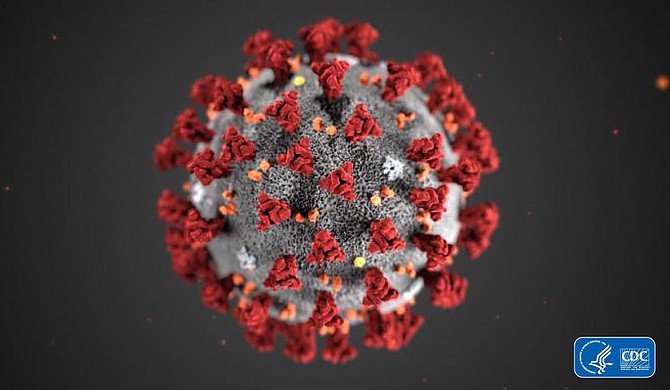COVID-19, the novel coronavirus, has drastically affected life around the world. One sector that has not received much media attention thus far is how utilities are maintaining operations during this public health crisis.
It is critical that water sector professionals stay informed of the latest information to protect workers and each community’s health. Scott Schaefer, AE2S Wastewater Practice Leader, is the current national Chairperson for the Water Environment Federation (WEF) Disinfection and Public Health Committee. Since the beginning of the year, Schaefer has helped create WEF’s informational materials for coronavirus.
“Keeping our water and wastewater operators healthy and operations functioning is critical during public health threats as we are experiencing with Coronavirus,” says Schaefer.
AE2S offers the following recommendations to protect utility staff and system operations:
• Adjust shift work to provide workplace social distancing to minimize spread (reduce the chance that multiple operators will be infected). Use virtual operator logs and shift notes to reduce contact.
• Focus on essential operations only and defer optional maintenance or in-person meetings.
• Refresh staff on personal protective equipment (PPE) best practices. Check out OSHA’s recommendations.
• Utilize automation to the extent possible. This is a good time to make sure everyone understands and utilizes SCADA at your facility.
• Review and potentially update your Emergency Response Plan as well as reviewing Federal, State, and Local legal obligations if an emergency is declared. Be prepared to discuss with stakeholders and elected officials.
• Prepare for supply chain interruptions for PPE and other items needed to operate your facility.
• Follow Centers for Disease Control (CDC) guidelines for reducing health risks to workers handling sewage.
In addition, it is important to consider things such as how uniforms are laundered, how PPE is disposed, and what protocols and restrictions may need to be put in place and for how long.
“Existing regulations and disinfection practices are expected to be sufficient and protective of public health for both water and wastewater. Coronavirus is more susceptible to disinfection than regulatory indicator organisms such as fecal coliform and E. Coli. We can continue to assure the public that they can continue to count on safe drinking water and dependable wastewater treatment,” says Schaefer.
AE2S staff is working side by side with utilities and communities to further best practices and assist with emergency responses when necessary. Please contact the following people if you need assistance or have questions in the following topic areas:
• Emergency Response – Mike Bibow, AE2S Assistant Operations Manager
• Facility Operations – Jim Ackerman, AE2S Treatment Operations Specialist
• Drinking Water – Nate Weisenburger, AE2S Drinking Water Practice Leader
• Wastewater – Scott Buecker, AE2S Wastewater Practice Leader
• Public Communications/Engagement – Heather Syverson, AE2S Communications Strategist
Here are some additional links to additional COVID-19 information:
• Personal Water Professional’s Guide
• WEF Coronavirus Info
• American Water Works Association (AWWA) Coronavirus Info
• CDC Water Transmission & COVID-19
• CDC Coronavirus FAQ
• World Health Organization (WHO) Coronavirus Info

